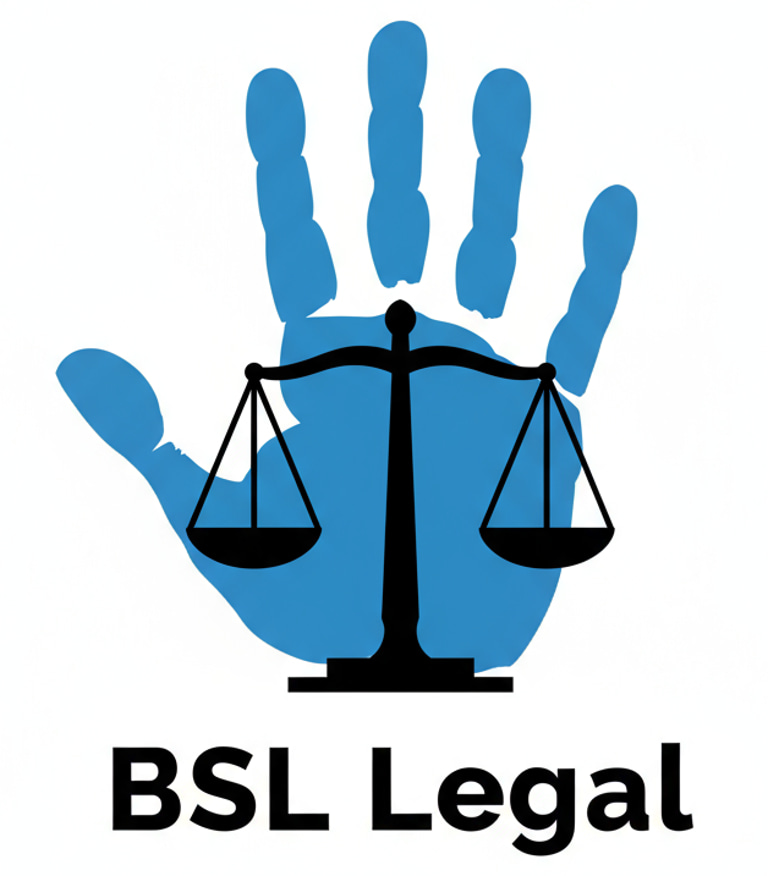Frequently Asked Questions - Court
Why Can I not use the Proceedings/Court Interpreter for Consultations Inside or Outside of Court?
The in-court/proceedings interpreter’s duty is to the court, to interpret everything said within the court for the court. They are unbiased and should be seen to be unbiased especially when there are conflicting parties. For this reason it is sometimes inappropriate for the in court interpreters to be used for consultations outside of court. Parties may feel the interpreter is no longer neutral having been party to counsels instructions. In some instances, information disclosed during instructions, can cause a perceived conflict of interest and may impact on the matter being dealt with.
Why Should Counsel Have Their Own Interpreter in Court?
It is recommended that counsel has their own interpreter sit in court next to their client and listen to proceedings. The interpreter can be on hand in case any instructions need to be taken from your client during proceedings and if your client has anything that they would like to say to you. As English is often difficult for deaf clients, it can’t be relied upon that they can give written instructions. Interpreting privileged instructions is something the court appointed interpreters won’t be able to assist with.
Further, the interpreter for counsel will be monitoring the court appointed BSL interpreters to ensure that there are no misinterpretations, which is especially important during any evidence given. If there are any issues with the interpretation within court, the interpreters for counsel will be able to raise this. Additionally, the interpreter will be able to give general advice and information about BSL, communication and the interpreting process.
Why is More Than one Interpreter Required in the Courtroom?
Depending on the length and nature of the proceedings, 2 or 3 interpreters may be required. Trials or final hearings of any length, where evidence will be given, will absolutely need at least 2 in-court interpreters. This is because interpreting efficacy degrades after about 40 minutes of continuous processing. Best practice is to have at least 2 interpreters for anything listed for over an hour. This will ensure a high level of accuracy for the proceedings.
The team of interpreters will co-work so that mental fatigue does not happen and any interpreting errors are picked up on and clarified.
Please speak to customer care for specific guidance about your particular case.
Can I Request A Specific Interpreter?
Yes.
Contact
© 2025. All rights reserved.
